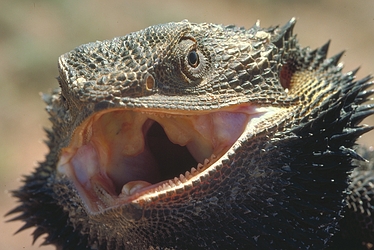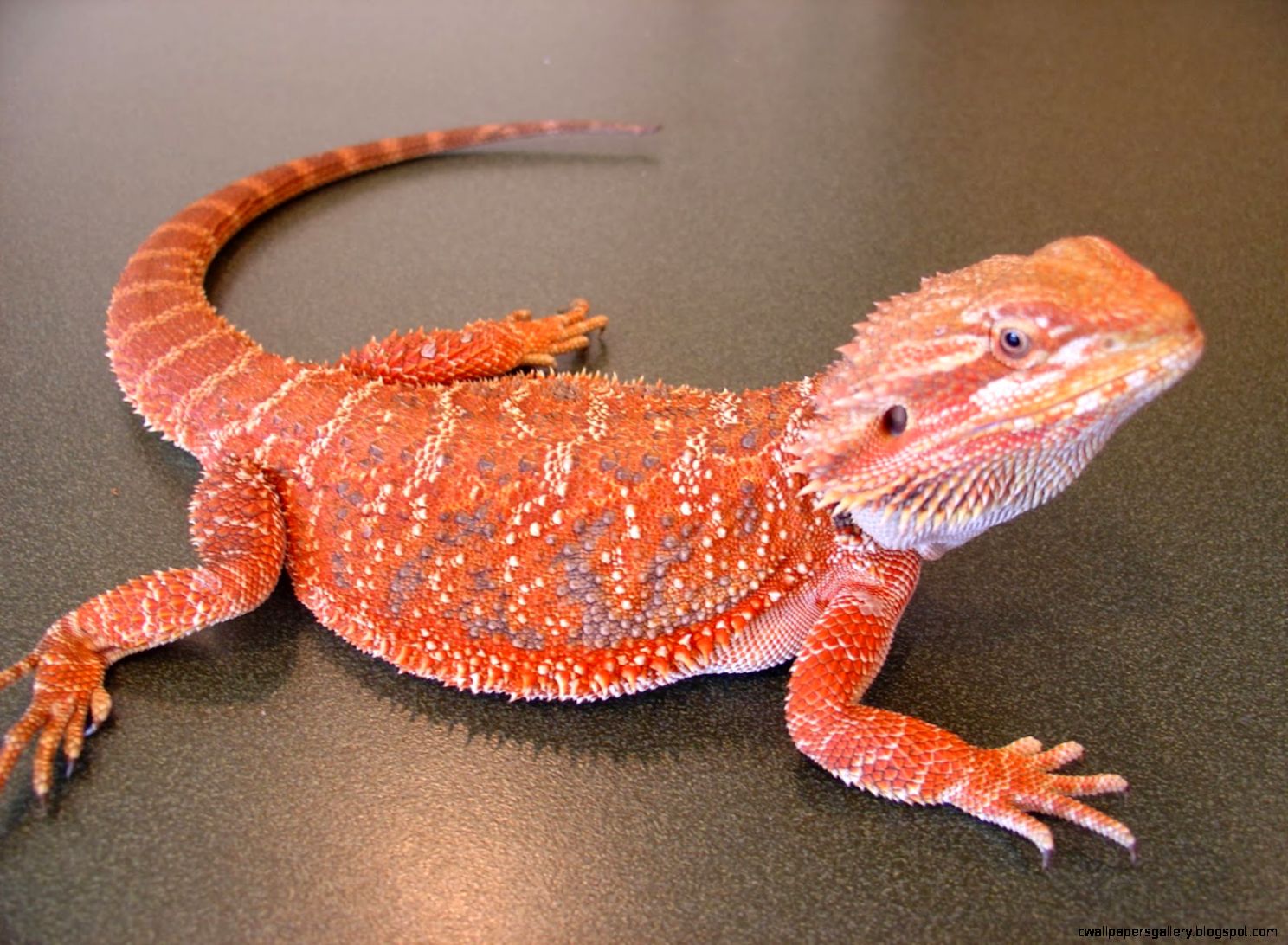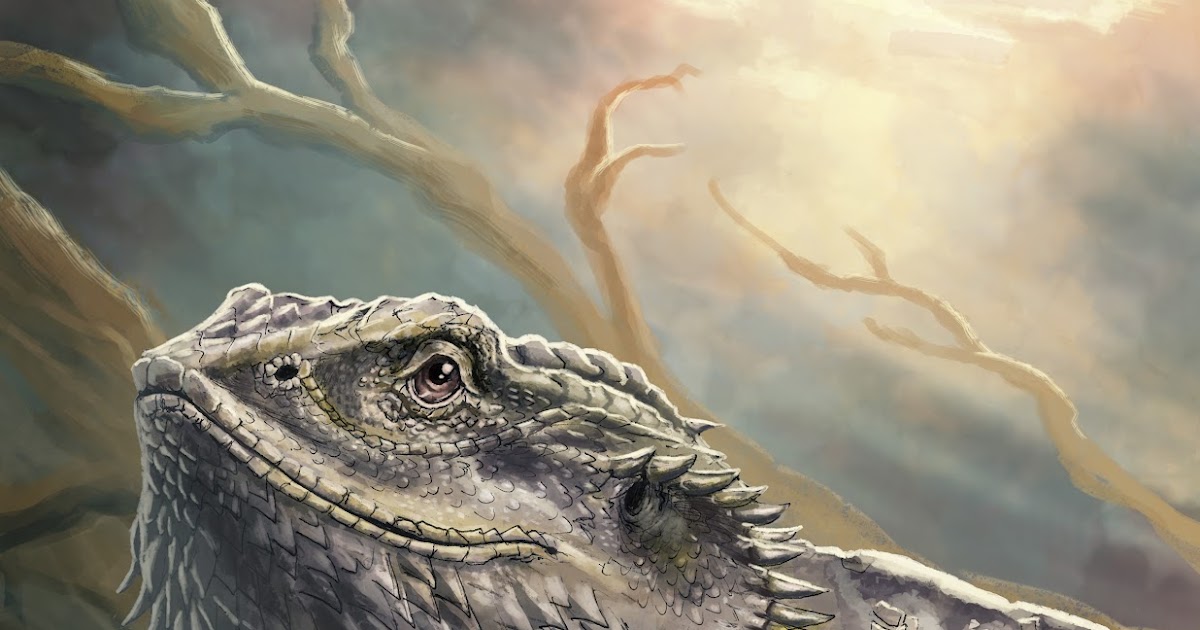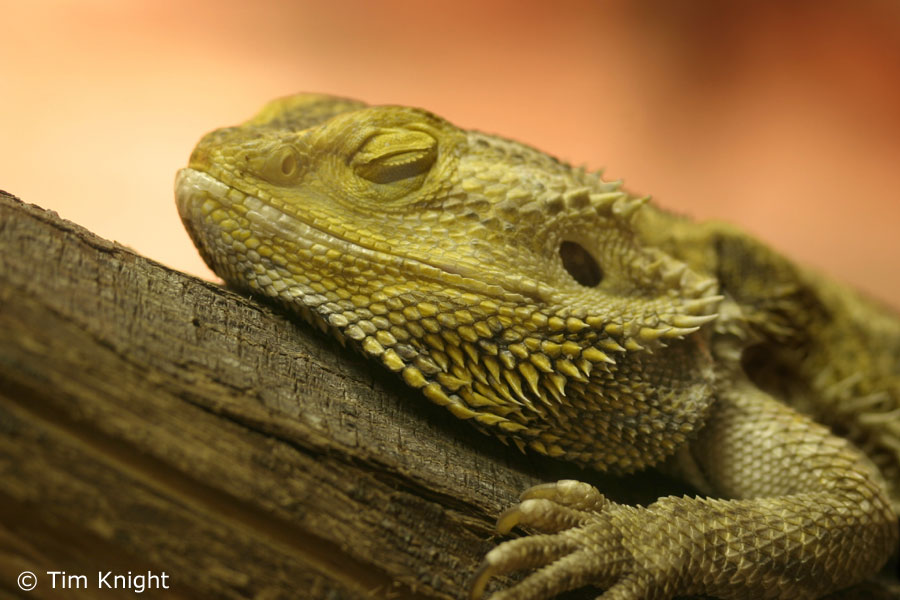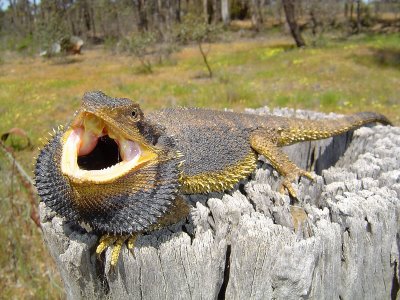Is Your Bearded Dragon Lethargic, Not Eating, and Eyes Closed? Here's What You Need to Know
Introduction
Bearded dragons are popular pets due to their docile nature and manageable size. However, just like any other pet, they can experience health problems. Among the most common issues that bearded dragon owners encounter are lethargy, loss of appetite, and closed eyes. While these symptoms may indicate a variety of health concerns, they are not to be taken lightly. If you suspect your bearded dragon isn’t feeling well, it’s essential to take prompt action to help it feel better.
What Causes Lethargy, Not Eating, and Closed Eyes in Bearded Dragons?
There is no single cause for the symptoms of lethargy, loss of appetite, and closed eyes in bearded dragons. Instead, it could be due to various factors, including:
- Inadequate diet
- Inadequate lighting or heating
- Inadequate hydration
- Inappropriate enclosure conditions
- Parasites
- Respiratory infections
- Metabolic bone disease
- Neurological issues
Assessing Bearded Dragon Health
To determine whether your bearded dragon is experiencing lethargy, loss of appetite, and closed eyes, it’s essential to do a quick check-up. Here are some things to look for:
- Lethargy: Does your bearded dragon seem to sleep or lounge more than usual? Does it seem weak or unable to move around normally?
- Loss of appetite: Has your dragon shown disinterest in eating, or have you noticed it hasn’t eaten its usual amount of food?
- Closed eyes: Are your bearded dragon’s eyes tightly closed, and does it seem to be sleeping or lethargic?
What Should You Do If You Notice These Symptoms in Your Bearded Dragon?
If your bearded dragon is exhibiting these symptoms, don’t panic. Instead, take prompt action to help it feel better. Here are some things you can do:
1. Reassess Your Bearded Dragon’s Habitat
Lethargy, loss of appetite, and closed eyes can be due to inappropriate enclosure conditions. Make sure your bearded dragon’s habitat is well-lit, well-heated, and above all, clean. Bearded dragons require a tightly controlled environment, which could have an adverse impact on their health if not correctly maintained. Make sure your dragon has the proper temperature gradient and humidity, and free of faeces, uneaten foods, or dead insects.
2. Offer Your Bearded Dragon Water and Food
If your bearded dragon is not drinking enough, it could be the primary reason for lethargy or closed eyes. Make sure that your bearded dragon has enough water by providing fresh, clean water daily. Also, offer fresh delicious treats like vegetables and insects to stimulate their appetite.
3. Visit a Vet
If the symptoms persist or worsen, despite your reassessments, you should take your bearded dragon to an expert veterinarian. Only a vet can identify the underlying health problem and provide proper medical care to treat the condition. Therefore, it’s vital to find a vet that specializes in exotic animal care or ask your Dragon breeder for recommendations.
Conclusion
Lethargy, loss of appetite, and closed eyes are signs that your bearded dragon may be unwell. There could be various reasons behind the symptoms, ranging from inappropriate habitat conditions to parasitic infections. If you notice these symptoms in your bearded dragon, take prompt action to ensure its optimal health. Reassess the habitat conditions, offer water and food, and visit an expert vet to identify and treat the underlying health problem. With proper care, your bearded dragon can live a healthy life and bring you joy and entertainment for years to come.
